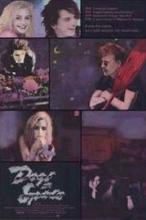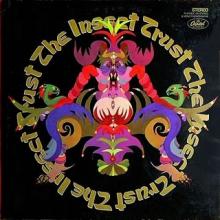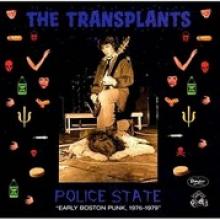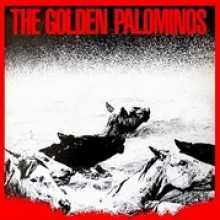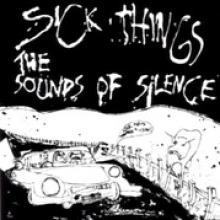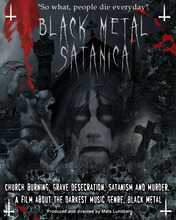Dimalia: A Self Titled Tragedy
The tempo changes all over this self titled effort, issued by Life is Abuse almost six years ago, at least exhibit the fact that Dimalia wants to exert some effort towards being perceived as a competent band. However, some of the slowed down sections (“Exit to Light” specifically) are plainly a bore. The problem here is something common for folks working in genres most perceive to be trite, but actually require a modicum of talent.
At least the rhythm section gets a work out through the entire album. If one is not paying attention, the album flows effortlessly from track to track, utilizing the tempo changes as bridges it seems. The two tempos though, do get a bit wearisome over the course of eight tracks. Each breakdown easily can be mistaken for the previous track. So the production and the planning of the album are either superb or trite and redundant. “Goodnight Sweet Ghost” is probably the most unique track outta the bunch, but not for any good reasons. There are some awful female vox on this one accompanied by some slow rock muzak.
There are a few instances of interesting guitar figures (“Closer,” “Night Covers Massacre”), but nothing sustainable. When an interesting statement is posited by the band and repeated, they move on, never to return again to the promise of the previous section. Perhaps the changes and refusal to create a groove points to the problem of over ambition that seems to permeate all of hardcore as well as punk today. There is a formula and if you deviate from that formula you cease to be part of that genre. You can expand it or create something completely new (that’s good by the way). The folks that make up Dimalia would be a damned good “experimental rock band” if they weren’t a below average HC group with metal inclinations on the vocal side of things.

